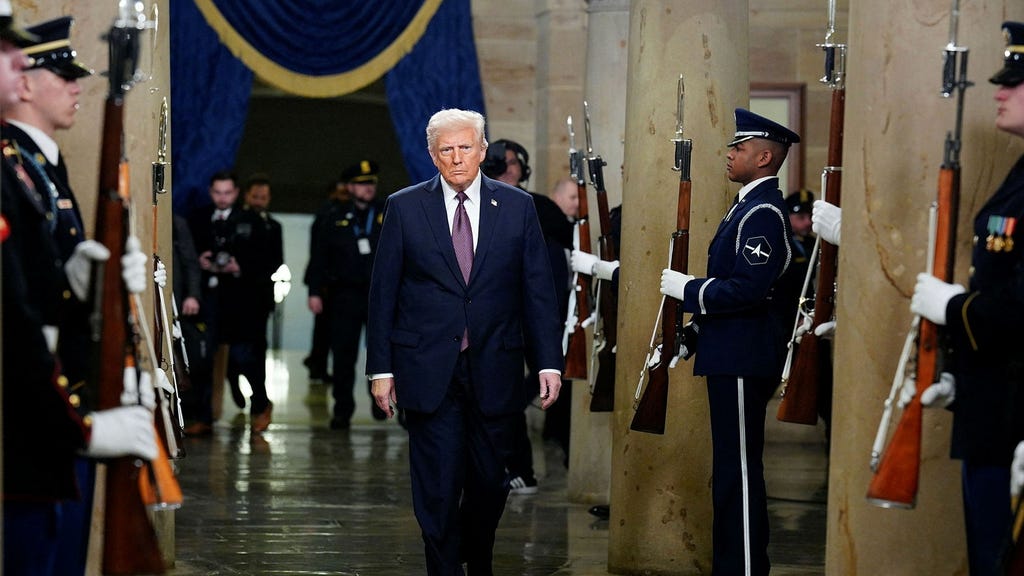Paragraph 1: Fostering Open Dialogue in the Classroom
Dawn Brancati, a political science professor at Brown University, employs a unique pedagogical approach to combat polarization. She challenges her students to argue for diverse perspectives on complex issues, encouraging them to explore the nuances of different viewpoints rather than resorting to simplistic black-and-white thinking. Brancati’s objective is to cultivate intellectual agility and empathy by requiring students to engage with ideas they might not personally endorse, thus fostering a classroom environment where critical thinking and open dialogue prevail over ideological rigidity. This approach has proven effective in reducing polarization in online discussions, as demonstrated by a study Brancati conducted with a major tech company. The key, she emphasizes, isn’t the position a student takes, but the quality of their argumentation.
Paragraph 2: Polarization: A Threat to American Democracy
Brancati’s research focuses on democracy, peacebuilding, and the root causes of violent conflicts. Acknowledging the left-leaning bias prevalent in academia, she deliberately creates intellectual diversity in her classroom to stimulate robust debate. She believes that while institutional polarization is difficult to address individually, personal actions can make a difference. Brancati encourages individuals to actively seek out and engage with a wide range of viewpoints, even those they disagree with, fostering understanding and potentially identifying common ground. She identifies polarization, particularly the affective kind driven by animosity towards opposing viewpoints, as the most significant threat to American democracy, surpassing even institutional vulnerabilities.
Paragraph 3: Defining Democracy and its Discontents
Addressing the current discourse surrounding the "crisis of democracy," Brancati emphasizes the need for a clear understanding of what democracy entails. She highlights the "halo effect" surrounding the term, where democracy is often conflated with positive societal outcomes. Brancati reminds us that democracy primarily refers to the process of electing leaders, regardless of their ideologies or policies. These leaders can be pro-democracy, upholding various rights, or anti-democratic, contributing to democratic erosion. This distinction is crucial for analyzing the current political landscape and understanding the complexities of democratic backsliding.
Paragraph 4: Assessing the Potential Impact of a Second Trump Term
While recognizing the potential for negative impacts, Brancati cautions against overstating the consequences of a second Trump term. She notes that previous attacks on the media were met with resilient reporting, which she hopes will continue. She also acknowledges the existing ideological leanings of the US court system, anticipating more conservative rulings that reflect this bias. However, she believes these rulings are more likely to affect specific rights issues, such as gun control or abortion, rather than dismantle the democratic system itself. While these issues are significant, they represent a different kind of challenge than a systemic collapse of democratic institutions.
Paragraph 5: The Spectre of Political Violence and Authoritarianism
Brancati acknowledges concerns about rising political violence but emphasizes that a majority of Americans reject this path. While online expressions of support for violence may seem alarming, she argues that actual engagement in such acts remains limited to a minority. She also points to the functioning justice system as a safeguard against escalating violence. A more insidious threat, in her view, is the growing acceptance of authoritarian leadership among young Americans, driven by dissatisfaction with the current state of democracy. This willingness to sacrifice democratic principles for a strong leader who promises to deliver on societal needs is deeply concerning, echoing sentiments found in authoritarian regimes.
Paragraph 6: Erosion of Rights and Global Implications
Brancati draws parallels between the attitudes of some young Americans and those living under authoritarian rule, where "strong democracy" is often equated with effective government services rather than democratic freedoms. While she doesn’t foresee the US becoming a dictatorship, she warns of a growing tolerance for restrictions on fundamental rights, particularly when justified by political leaders as necessary to achieve specific goals. This tendency is exacerbated by polarization, where loyalty to one’s political "tribe" overrides critical thinking and the opposition is demonized. Globally, Brancati observes a similar trend, where democratic backsliding manifests not primarily through interstate war, but through the gradual erosion of rights within nations. While such erosion may not lead to international conflict, it represents a significant threat to the health and future of democracy worldwide.














